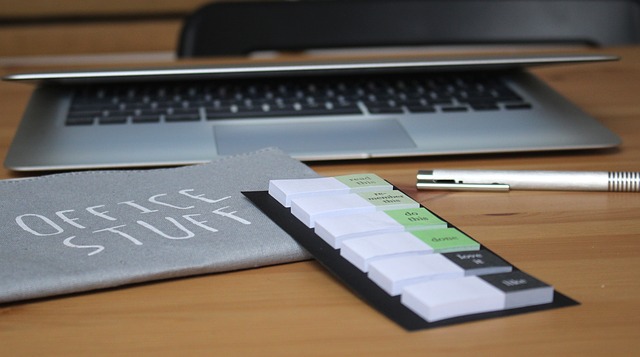
5 Accounting Tips for Independent Contractors
 Do you work as an independent contractor? You aren’t alone. According to the U.S. Bureau of Labor Statistics (BLS), over 16 million Americans are classified as independent contractors. They are technically still business owners; they just don’t own or work for an incorporated business, such as a limited liability company (LLC) or a corporation. While working as an independent contractor has its perks, you’ll need to keep detailed and transparent records of your business’s financial transactions. Here are five essential accounting tips for independent contractors.
Do you work as an independent contractor? You aren’t alone. According to the U.S. Bureau of Labor Statistics (BLS), over 16 million Americans are classified as independent contractors. They are technically still business owners; they just don’t own or work for an incorporated business, such as a limited liability company (LLC) or a corporation. While working as an independent contractor has its perks, you’ll need to keep detailed and transparent records of your business’s financial transactions. Here are five essential accounting tips for independent contractors.
#1) Separate Personal and Business Expenses
The golden rule of accounting is to separate personal and business expenses — a rule that applies to all business entities, including independent contractors. If you only have a single checking account, which you use for personal expenses, open a second checking account so that you can use it for your business’s expenses. With an account for your personal expenses and another account for your business’s expenses, you won’t accidentally or otherwise mix these two expenses.
#2) Use Digital Payments Methods When Possible
When given the option between paying for a business-related expense with cash or a digital method, choose the latter. If you use cash to buy a product or service needed to execute your business’s operations, you won’t have a digital record of it. At best, you’ll have a paper receipt, which are undoubtedly easy to lose. Paying with a credit card or debit card, on the other hand, will create a digital record of the transaction.
#3) Consider Getting an EIN
Independent contractors are distinguished from other business entities because they can operate under their respective Social Security number. With that said, you can still use an Employer Identification Number (EIN). Using an EIN is beneficial as an independent contractor because it protects your Social Security number from unnecessary exposure. Rather than providing your Social Security number to a business, you can give the business your EIN.
#4) Make Quarterly Tax Payments
As an independent contractor, you’ll be responsible for making quarterly tax payments to the Internal Revenue Service (IRS). This involves estimating your business’s income for the following year, after which you can calculate your projected taxes while breaking them into four equal payments. Failure to make quarterly tax payments will result in a penalty.
#5) Use Quickbooks Self-Employed
Quickbooks offers accounting software that’s designed specifically for independent contractors. Known as Quickbooks Self-Employed, it’s a smart investment that can help you keep better financial records. Among other things, Quickbooks Self-Employed will separate your personal and business expenses, ensure maximum deductions and even allow you to prepare estimated quarterly tax payments.
Have anything else that you’d like to share? Let us know in the comments section below!
